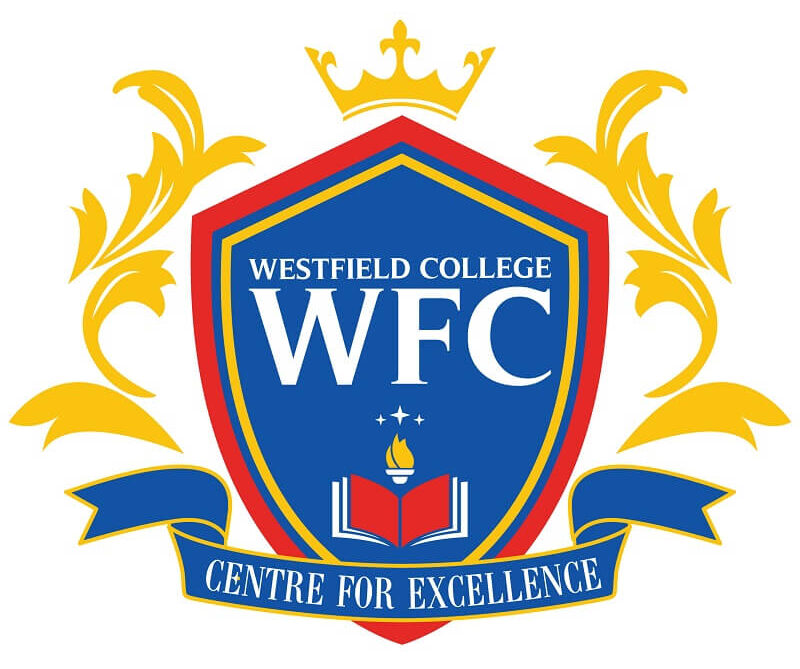Communication in Health and Social Care. Great Course. Very Easy to Understand
MSc Wildlife and Conservation Management

MSc Wildlife and Conservation Management
Overview:
The world’s environments have long been threatened by human impact. As pressures on the natural environment intensify, there is a growing need for professionals skilled in conservation and environmental management. Accredited by both the Chartered Institute of Ecology and Environmental Management (CIEEM) the Environment and Resources Professional Group of the Royal Institution of Chartered Surveyors (RICS), the MSc Wildlife and Conservation Management brings together the physical, chemical, biological, socioeconomic, administrative and legislative aspects of land planning, providing the skills you need for an exciting and rewarding career as an environmental conservation manager.
The MSc Wildlife and Conservation Management combines a broad understanding of the science and management of conservation, putting emphasis on integrating specialist knowledge and practical skills with IT and communication. You will develop a wide range of skills, including biodiversity, survey techniques, environmental management and monitoring systems, geographical information systems and an understanding of relevant ecological principles, legislation and regulatory frameworks. What’s more, our extensive and exciting fieldwork programme will train you in a wide range of environmental survey and assessment techniques.
Online application form
Information requested on this form should be completed in as much detail in order to process your application successfully. All fields marked * must be completed.
Apply Now
Entry Requirements
A minimum 2:2 Honours degree in an environmentally-related subject which could include Environmental Studies, Biology, Geography, Geology, Zoology or Wildlife Studies. Other applicants will be considered on an individual basis.
The course welcomes international applicants and requires an English level of IELTS 6.0 with a minimum of 5.5 in each component or equivalent.
WHAT YOU WILL STUDY
- Tropical Ecology- 20 credits (Optional)
This module encompasses dive training; a 16-day excursion (variable destinations, e.g. Borneo, Honduras, Philippines); one-week tropical forest surveys, one-week coral reef diving – organism identification and surveying.
- Environmental Management and Legislation – 10 credits
We look at how legislation protects the environment, planning laws and policies, environmental economics and cost-benefit analysis. - Wildlife Surveying – 10 credits
You will conduct pond and river water quality surveys (BMWP and PSYM methods) and river habitat surveys (RHS). You will learn freshwater invertebrate identification skills and plant identification. - Tools for Sustainable Development – 20 credits (Optional)
This 100% coursework module includes a four-day workshop. We look at energy use/resources and climate change. We also investigate sustainable alternatives to current lifestyles, consumerism, fossil fuel use and the implications for conservation policy and practices, plus how to obtain funding for community and sustainability projects. - Restoration Ecology – 20 credits
In this module we study ecology and biodiversity; re-wilding: beaver, lynx, wolf reintroduction; restoration approaches for various habitats and tropical forest management.
- Terrestrial and Aquatic Conservation – 20 credits
You will study protected areas and their management; the impact of climate change on terrestrial habitats; agricultural systems and impact on conservation; the
ecology of rivers, lakes and marine habitats; the human impacts on freshwater habitats and identifying freshwater life. - European Field Expedition – 20 credits
You will study vegetation surveys (forest structure surveys, thermal zone assessment, various transect techniques, habitat mapping); land use and management issues; bird survey methods (bird identification skills). - Work Based Learning Project – 20 credits (Optional)
The optional Work Based Learning module enables our students to gain 60 hours work experience under the supervision of an employer. You will also be assigned an academic supervisor who will advise you on a suitable employer based on your area of interest. Recent organisations who have hosted our students include Capita Symonds, Natural Resources Wales, Wales Heritage Coastal Path and Warwickshire Wildlife Trust. - MSc Project – 60 credits
This project is often done in co-operation with conservation organisations such as National Parks; English Nature / Countryside Council for Wales; National Botanic Garden; Environment Agency and Wildlife Trusts. Examples of recent projects include coral reef conservation in the Bahamas; feeding habits of Groupers off Honduras; deforestation in SE Asia; invasive species in Cardiff Bay; biodiversity increase with organic farming; butterfly reintroduction and habitats; recognition of Japanese Knotweed by remote sensing. - Tropical Environmental Monitoring – 20 credits (Optional)
This module is all about conservation and wildlife / safari management. We look at field monitoring techniques and identification skills, and animal tracking on both foot and by vehicle.
- Applied Geospatial Analysis – 20 credits
This offers a practical introduction to Geographical Information Systems and their use in environmental management. We will look at remote sensing techniques; animal population modelling; pollution modelling and the use of statistical software for parametric and non-parametric analysis, correlation, regression and ANOVA analysis.
Teaching
Full-time students will spend over the academic year, between 12 to 16 hours per week in lectures, practical sessions and fieldwork. The variation in hours will depend on the options chosen.
Part-time students attend the equivalent of one day per week, generally completing the MSc in two years. However, based on individual circumstances, for part time students, the MSc Project may extended into your third year of study. This would need to be agreed as part of a discussion with the course leader.
We teach using a combination of lectures, laboratory sessions, problem solving tutorials, video presentations and practicals. You will also undertake fieldwork excursions within the UK and overseas (additional costs apply). The number of hours of formal teaching will vary depending on your module choice.
You will also be encouraged to take responsibility for your own learning by completing guided reading and various interactive computer packages. Please note some field trips will vary from a day to more than a week in duration while optional fieldwork can last for around two weeks.
Assessment
You will be assessed through a range of methods depending on your module choice, these include: examinations, coursework such as writing reports of field excursions. You will also analyse case studies, undertake presentations, participate in workshops and analyse data.
COURSE DETAILS
We regularly revalidate courses for quality assurance and enhancement
At USW, we regularly review our courses in response to changing patterns of employment and skills demand to ensure we offer learning designed to reflect today’s student needs and tomorrow’s employer demands.
If during a review process course content is significantly changed, we’ll write to inform you and talk you through the changes for the coming year. But whatever the outcome, we aim to equip our students with the skillset and the mindset to succeed whatever tomorrow may bring. Your future, future-proofed.
Additional Costs
As a student of USW, you’ll have access to lots of free resources to support your study and learning, such as textbooks, publications, online journals, laptops, and plenty of remote-access resources. Whilst in most cases these resources are more than sufficient in supporting you with completing your course, additional costs, both obligatory and optional, may be required or requested for the likes of travel, memberships, experience days, stationery, printing, or equipment.
CAREERS
Graduates from our MSc Wildlife and Conservation Management course have progressed to careers in the Environment Agency, utility companies, local, national and international conservation organisations, environmental consultancies, and regional and national government. Graduates can also progress to a PhD or research degree.
Our Careers and Employability Service
As a USW student, you will have access to advice from the Careers and Employability Service throughout your studies and after you graduate.
This includes: one-to-one appointments from faculty based Career Advisers, in person, over the phone or even on Skype and through email via the “Ask a Question” service. We also have extensive online resources for help with considering your career options and presenting yourself well to employers. Resources include psychometric tests, career assessments, a CV builder, interview simulator and application help. Our employer database has over 2,000 registered employers targeting USW students, you can receive weekly email alerts for jobs.
Our Careers service has dedicated teams: A central work experience team to help you find relevant placements; an employability development team which includes an employability programme called Grad Edge; and an Enterprise team focused on new business ideas and entrepreneurship.
Fees
Full time
- 12 to 18 months
£7,250
You’ll study 9 modules in total (approx. 37 hrs/week).
Part time option one
- 12 to 18 months
£4,250
You’ll study 6 modules per year (approx. 25 hrs/week).
Part time option two
- 12 to 18 months
£5,500
Have a question about our professional qualifications?

Contact us about our professional qualifications
If you have any questions about our professional qualifications in finance and banking, please contact our customer services team.
Call us
- +44 (0) 203 771 5653
- admissions@westfieldcollege.co.uk
What Our Students Have To Say
Hi, I recently started Access to Higher Education Diploma (Nursing and Midwifery) course with Westfield College.
--Komal Kiran Galaria
DesignerMy experience with Westfield College is great. The supervisor and the admin team are proactive and efficient.

